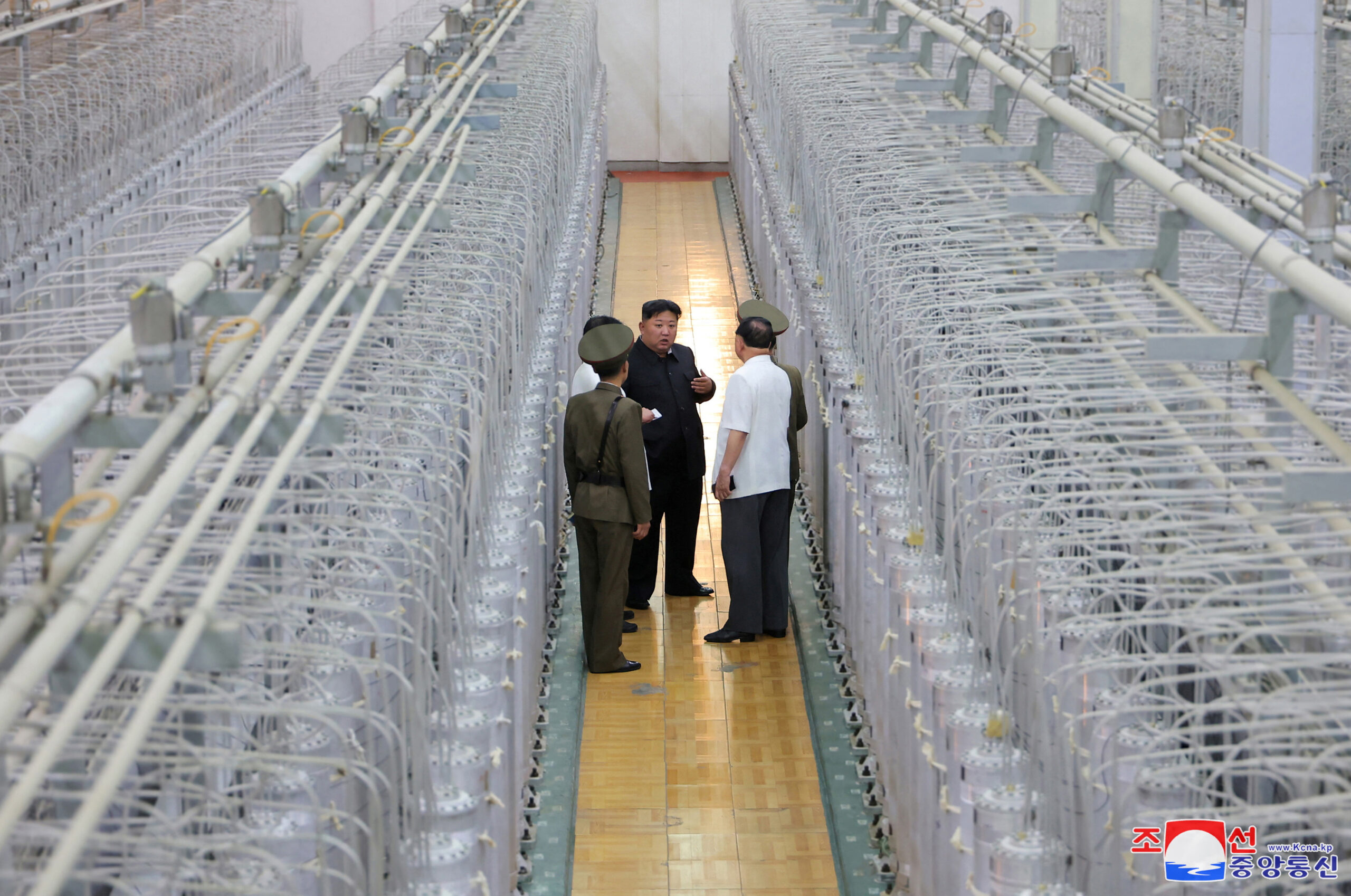By Linus B. Höller. MA Candidate in Nonproliferation and Terrorism Studies at the Middlebury Institute of International Studies at Monterey and the Moscow State Institute of International Relations. This paper was produced as part of the “Strategic Export Controls” class taught by Prof. Robert Shaw at MIIS. Introduction North Korea, officially the Democratic People’s Republic…
Category: Long Read
By Linus B. Höller[1] Header image: Far-right protesters rally in Berlin in August of 2020. The imperial flag is used as a non-prohibited symbol of Germany’s perceived “glorious past.” Photo: Linus Höller/TWU Introduction and Definitions Germany inhabits a unique place in the world of the far right. On the one hand, it was the implementer…
Linus Höller,Northwestern University[1] First published 2023 June 7 Abstract Landlocked, mountainous countries, although scattered around the globe, share a unifying set of geographical features and are impacted by climate change in similar ways. Yet the concerns of mountain countries find relatively little international recognition, including in international environmental and climate change negotiations, owing in part…
Russia’s invasion of Ukraine is a crime not just against Ukraine, but against civility and the Russian people themselves, says Dimitri Androssow, a Russian oppositional politician with PARNAS. Read TWU’s striking interview here.
By Linus Hoeller, Northwestern University Reports Without Borders consistently ranks Austria among the best countries when it comes to press freedom in their annual investigations. In RSF’s 2021 report, Austria ranked 17th – putting into the second-highest bracket of countries altogether and near the top even of the European countries[1]. Curiously, there are some discrepancies…
By Linus Hoeller, Northwestern University The concept of American decline has been around for about as long as America has been a global power. This is not surprising; when you are at the top, it can seem like the only way to go is down. The United States experienced its unipolar moment following the fall…
Linus Hoeller, Northwestern University’s Medill School of Journalism Historical overview of the region’s democratization and backsliding When the “communist” dictatorships of Eastern Europe fell, one by one, in 1989 – and, with the exception of Romania, in a remarkably peaceful fashion – western euphoria was great. These countries and their people, newly “liberated” from their…
Photography by Tianxiao Xu Presentation and writing by Linus Hoeller North Korea is closed off from the outside world like no other country. It consistently ranks at the very bottom of freedom indices – no free press, no free elections, no freedom of movement, assembly, speech. For three generations, the Kim dynasty has ruled the…
A case study by Linus Höller In 2016, Lima’s population was first estimated to have exceeded 10 million, officially making Peru’s capital a “megacity” and putting it in the same league as cities such as Tokyo, Shanghai and Ciudad de México. However, Lima was never meant to become this big, and certainly wasn’t founded in a convenient place to support…
“Too good to be true”, the Czechoslovak people’s dream of freedom, brought about by liberal reforms of the new 1968 government, came crashing to a dramatic end with the Warsaw Pact invasion of the ČSSR, just half a year after the Prague spring had begun. Though the Soviets’ reaction was forceful, one question remains: was…









